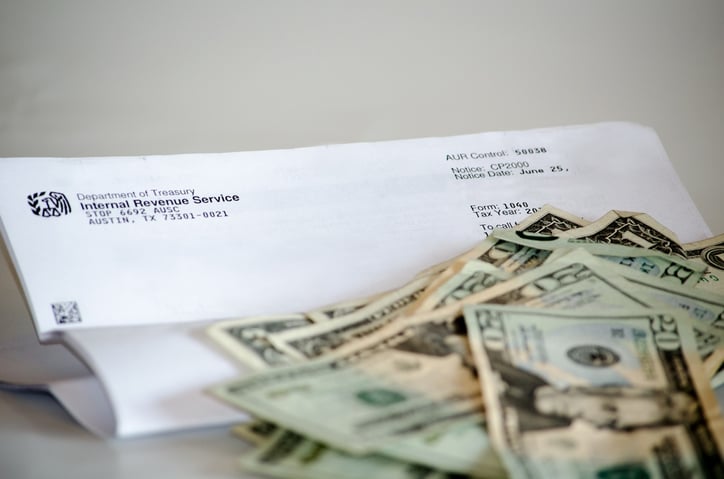
Despite your best intentions to file on time and with the utmost of care, you may still slip up when filing your taxes. This one-time mistake could cost you hundreds or even thousands of dollars in IRS penalties, fines, and interest.
If you have previously filed without fail and never before made a grave mistake when submitting your returns, you may think it unfair that you should be penalized in such a manner. The IRS agrees that mistakes do in fact happen, which is why it makes available its First-Time Penalty Abatement that grants you a single year waiver of these additional costs.
How the First-Time Penalty Abatement Works
The First-Time Penalty Abatement program can be requested by taxpayers and business owners who have incurred penalties for Failure to Pay, Failure to File, and Failure to Deposit. As noted, you can request this abatement for a single tax year; however, you may not ask for it if you have incurred penalties for infractions like mathematical errors on your returns.
You also must meet other criteria before you can seek out this form of tax relief. The foremost criteria required for this abatement include:
- Filing prior years' tax returns on time and in accordance with current tax laws
- Being current on any payment agreements with the IRS
- Having no prior year tax penalties currently levied against you
- Filing valid tax extensions for current or prior year returns if applicable
Requesting a First-Time Penalty Abatement
If you meet any of these criteria, you can proceed with requesting abatement of your tax penalties. To make this request, you can contact the IRS by phone or in writing.If you choose to make this request by phone, you should contact the IRS at the number listed in the letter regarding your tax debt and penalties. You can also find the contact numbers on IRS.gov.
If you owe below a stipulated amount of penalties, you could have the abatement granted to you over the phone. However, if the penalties are considered to be too significant for an IRS phone representative to handle, you will be directed to contact the IRS in writing by mail.
The process for making this request can be confusing and time consuming. You may not have the skills needed to complete the process successfully or confidently.
Rather than pay the penalties or face incurring more fines and interest, you could continue with your request by hiring a tax professional to help you. Tax professionals understand the First-Time Penalty Abatement program and can file a request on your behalf.
To allow a tax professional to make this request, however, you may find it best to use IRS Form 2848: Power of Attorney and Declaration of Representative. This form allows your tax pro to request an abatement on your behalf over the phone with the IRS.
Things to Remember about the First-Time Penalty Abatement
While your tax professional will help you in making the request for the penalties on your taxes to be waived, you should keep some tips in mind throughout the process. Most notably, this abatement can only be applied to a single tax year. You cannot request abatement of penalties incurred before or after the year for which you are seeking this relief.
You also can seek a refund of penalties that you have already paid for the tax year. If you have already paid the penalties but would like them abated anyway, you can fill out and submit the IRS Form 843: Claim for Refund and Request for Abatement.
Finally, the IRS considers these requests on a case-by-case basis. To ensure that your request is noticed and given its due credence, you should consider using the services of a skilled and licensed tax professional.
Mistakes can happen that prevent you from satisfactorily filing taxes. You can ask relief from penalties for a single tax year by utilizing the IRS First-Time Penalty Abatement program.




